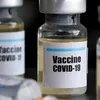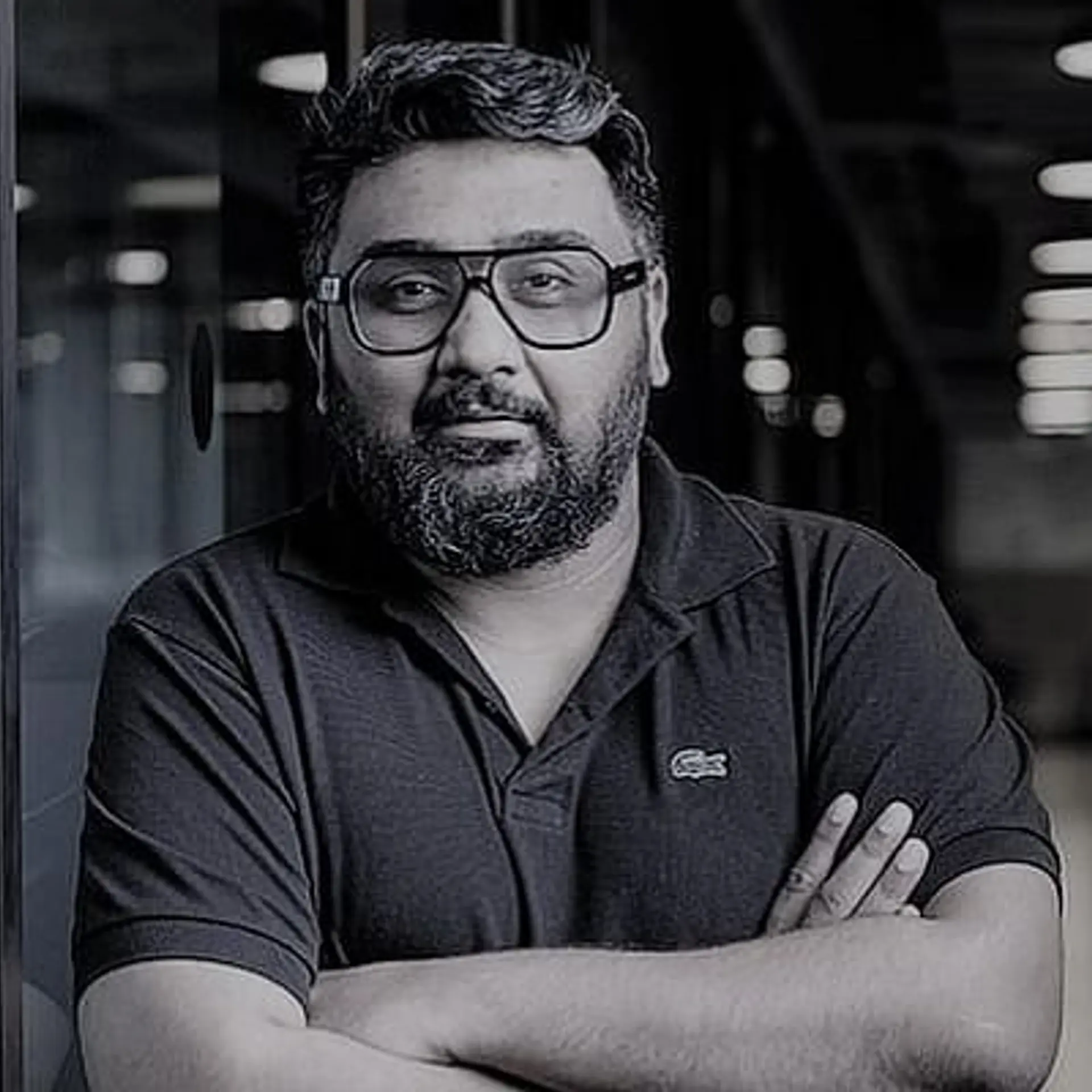Amid shortage of COVID-19 vaccines, is India ready to immunise all adults?
Amid a raging pandemic and a visible shortage of COVID-19 vaccines, who can get vaccinated first needs to be addressed. With the current shortages of vaccines, is India really ready to vaccinate all adults above 18?
In May 2021, India's vaccination launch was expanded to include anyone aged 18 and above, but a host of states soon warned that they were short of vaccines.
With hospitals running out of room and India's authorities registering more than 300,000 coronavirus cases per day, Prime Minister Narendra Modi declared in May that the vaccination would be extended outside health care staff and the country's most needy in an effort to combat the country's spiralling pandemic.
India has administered over 17 crore vaccination doses so far which means less than 4 percent of India's 140 crore residents have been completely immunised with both the doses of vaccinations, which is much smaller than the US, where 46.62 percent of the population has been fully immunised.
Amid a raging pandemic and a visible shortage of COVID-19 vaccines, the question of who can get vaccinated first needs to be addressed. With the current shortages of vaccines, is India really ready to vaccinate all adults above 18?
Expanded vaccine rollout plans for different states
While some states began their expanded vaccine rollouts for all adults from May 1, others had further pushed the dates to vaccinate all adults.
Gujarat's expanded release was postponed to May 15. The state’s chief minister stated that vaccination for those aged 18 and up would begin once they received significant doses of vaccines from pharma firms.
The chief minister of Andhra Pradesh in April said the expanded deployment of vaccines may not begin until September.
And even though health officials warn about shortages, other states have made no suggestion of delaying the vaccine implementation. The worst-affected state, Maharashtra, has made regular calls for further vaccines, with the city of Mumbai halting all vaccinations in the middle of the drive owing to COVID-19 vaccines scarcity.
Vaccination centres in numerous states protested of vaccine complications and shortages during April, with many being pressured to briefly close. Volunteer teams and health workers went door to door in Maharashtra, qualifying citizens to be immunised — only to be turned away at the vaccine site because there were no more shots available.
The states demanded that the federal government send more vaccines. However, owing to vaccine shortages, the government had resisted.
Reasons for vaccine shortages in India
The shortages were caused by several reasons. For one thing, India quickly exported a huge number of vaccine doses to other nations, as well as through COVAX, a global programme to offer vaccinations to low-income countries. India has exported 66 million COVID-19 vaccines so far.
Along with the problem of exporting millions of COVID-19 vaccines to other countries, there is also a shortage of raw materials in India to make more vaccines in a short period of time. High export numbers combined with shortage of raw materials is one of the primary reasons for vaccine shortages in India.
The Indian authorities had not planned to face a second wave of cases, according to SII (Serum Institute of India) CEO, Adar Poonawalla, and therefore had not been preparing for the onslaught of emerging infections in late winter.
He predicted that the country's vaccine shortage would last until July 2021, when demand would rise from 60 to 70 million doses a month to a 100 million.
Prioritise vulnerable citizens
And so, at this point in time, it does not look like India is ready to vaccinate all adults. Taking into account vaccine shortages and increasing cases, priority needs to be given to vulnerable citizens and those that really need the vaccine.
In the midst of vaccine shortages and a raging coronavirus pandemic, what next?
Firstly, to combat vaccine shortages in India, the government has significantly reduced vaccine exports. According to statistics from the foreign ministry, 64 million doses were sent abroad between late January and March. But to combat vaccine shortages in India, India has only exported over 66 million vaccine doses so far.
An official familiar with India's vaccination policy said although the world was in an emergency condition, usable COVID-19 vaccines would be used only domestically. He said the export of covid-19 vaccines will be significantly reduced, and Indian demand would determine the quantity of exports.
India suspended its 10 percent customs duty on imported coronavirus vaccines as it aimed to raise supplies in the wake of a sharp increase in coronavirus incidents. The government has also encouraged Pfizer (PFE.N), Moderna (MRNA.O), and Johnson and Johnson (JNJ.N) to export their vaccines to India.
As a result, India is now ready to vaccinate its people with the vaccines like Sputnik V, Moderna, and Pfizer.
Moderna will become the fourth vaccine to be at disposal for use in India, It will be imported by Cipla Ltd (an Indian drug manufacturer). Apart from this, Pfizer, a US-based vaccination is in the final stages of getting approval from Indian government.
Edited by Teja Lele
(Disclaimer: The views and opinions expressed in this article are those of the author and do not necessarily reflect the views of YourStory.)







